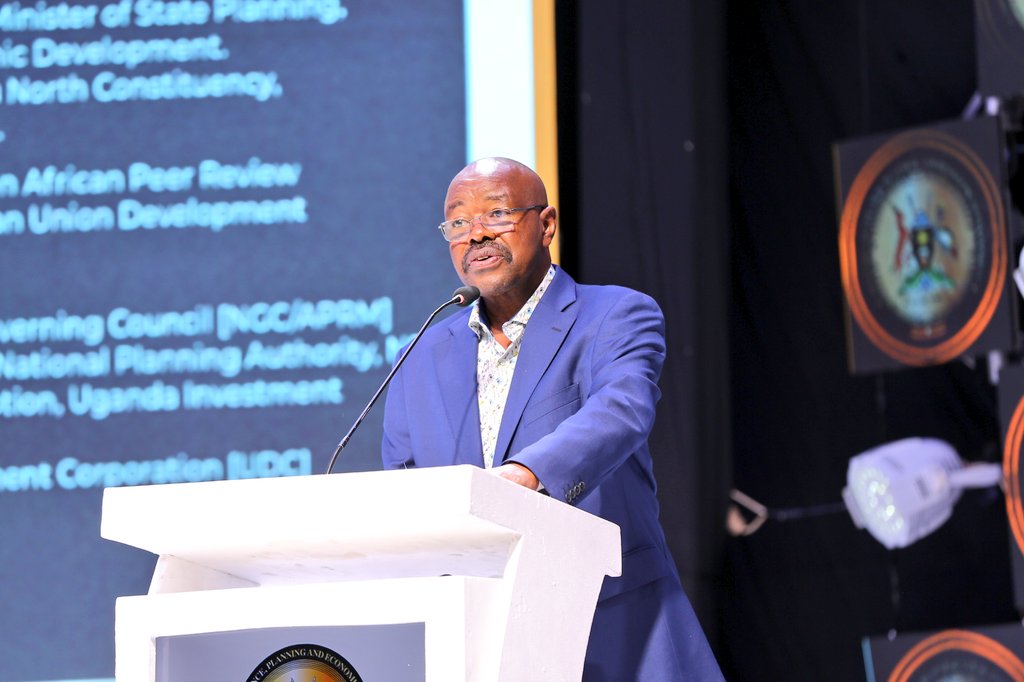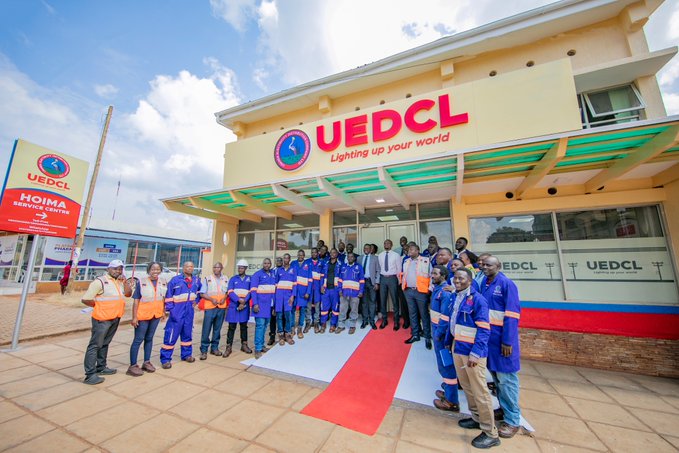Africa not sufficiently trading with Africa – report
Private sector leaders in Uganda organised a dialogue to explore and leverage the opportunities presented by the African Continental Free Trade Area Agreement (AfCFTA).

The Uganda National Chamber of Commerce and Industry (UNCCI), in collaboration with the United Nations Development Program (UNDP), the Ministry of Trade, Industry, and Cooperatives (MTIC), the Uganda Manufacturers Association (UMA), and the Private Sector Foundation of Uganda (PSFU) recently organized a private sector dialogue to explore and leverage the opportunities presented by the African Continental Free Trade Area Agreement (AfCFTA).
The event, held in Kampala under the theme “Accelerating Uganda’s Preparedness to Participate in the African Continental Free Trade Area,” brought together key stakeholders to discuss strategies for tapping into the vast potential of the African market.
According to Elsie G. Attafuah, the United Nations Development Program (UNDP) resident representative, recent statistics show that Africa’s intra-continental trade currently accounts for only about 18% of the region’s total trade, lagging significantly behind other continents.
“In comparison, Asia and Europe boast intra-regional trade figures of approximately 59% and 69%, respectively. However, with the implementation of the AfCFTA, which creates a single market for goods and services across 54 African countries, there is a tremendous opportunity for African nations to boost their economic growth by increasing trade within the continent,” he said.
Olive Kigongo, the President of Uganda National Chamber of Commerce and Industry, explained that several factors have influenced the challenges faced by Africa in enhancing intra-regional trade.
He said these include inadequate infrastructure, trade barriers, bureaucratic red tape, and limited access to finance for businesses.
During the private sector dialogue, various strategies were proposed to help Uganda maximize its benefits from the AfCFTA.
Stephen Asiimwe, the Executive Director of Private Sector Foundation Uganda, cited the strategies which included enhancing productive capacities and improving infrastructure, particularly in transportation, energy, and digital connectivity.
Other strategies included strengthening trade facilitation, promoting SMEs and entrepreneurship and investing in market intelligence and research to identify export opportunities, understand market dynamics, and tailor its products and services to meet the demands of the African market.
“By implementing these strategies and actively participating in the AfCFTA, Uganda can unlock its potential as a regional trade hub and leverage the African market. This will not only stimulate economic growth but also create employment opportunities, reduce poverty, and improve the standard of living for its citizens,” he said.
The private sector dialogue served as a platform for key stakeholders to collaborate, share insights, and devise actionable plans towards accelerating Uganda’s preparedness to participate in the African Continental Free Trade Area.
With a focused approach and concerted efforts, Uganda stands poised to reap the benefits of increased intra-African trade and drive sustainable economic development.







